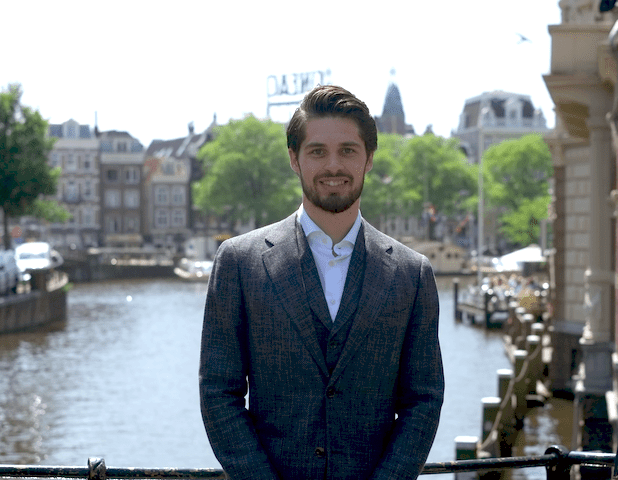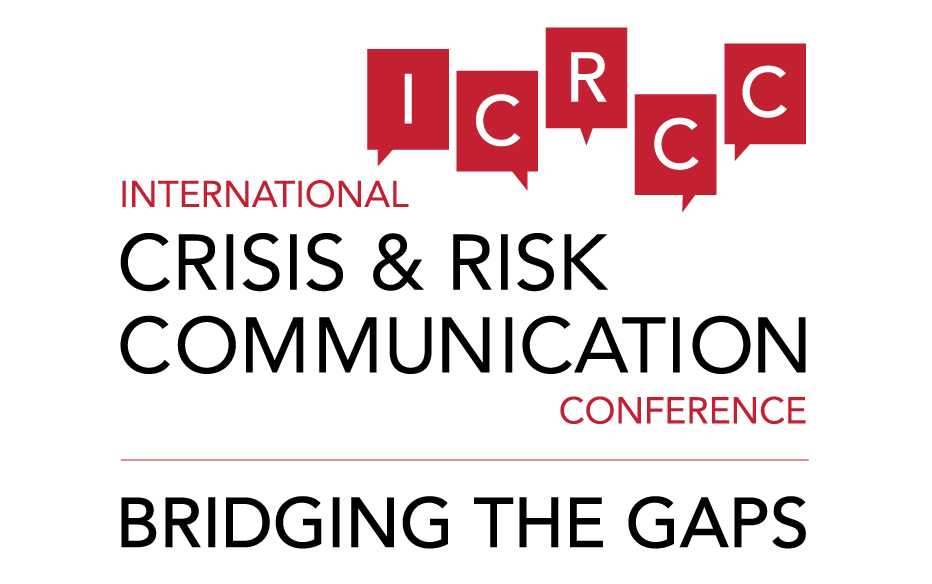
Assistant Professor
University of Amsterdam
Toni G. L. A. van der Meer is an assistant professor at the Department of Corporate Communication of ASCoR, University of Amsterdam. His research in the field of corporate communication and PR mainly focuses on crisis communication and the framing of organizations or organization-related issues. In 2016 Toni defended his PhD on crisis communication. The dissertation applied a media and public centered perspective to study corporate and crisis communication. Toni’s research has been published in leading journals from various communication fields (e.g., Communication Research, Information, Communication and Society, PR Review, Journal of PR Research, Journalism, Journalism Studies). His work has been recognized with several awards and prizes, including the 2013 Unilever Research Prize and 2016 top paper award from Internal Communication Association. Moreover, Toni has obtained multiple external grants to finance his research, including the large personal Veni grant from the Dutch Science Foundation (NWO).
Crisis communication in the contemporary media environment
Pick any day of the week and you will find breaking news or top headlines on crisis situations. Stories about plane crashes, explosions of chemical plants, product recalls, bankruptcy of large organizations, or oil spills have become part of today’s news agenda. These business-related crises have become more significant with the increasing media visibility and societal impact of today’s organizations. These so-called organizational crises can drastically affect and disrupt all segments of society.
In this keynote, I would like to argue that a multi-actor perspective is needed to acknowledge the importance of communication in organizational practices. Coming from an organization-centric approach in the field of public relations, researchers started only recently to explore, on a more elaborate level, the interplay of organizational communications with other domains as news coverage and public perception. Especially at times of crisis, the interplay of multiple actors and the organization is at the center of communication. The complex and rapidly evolving nature of a crisis creates an intense communication need to provide coherence to the issue and reduce uncertainty. Since sense making is by definition a social process, how a crisis evolves is not merely based on the occurrence of events but also involves the communicative interaction between significant actors.
Not only has today’s fundamentally changed media environment given voice to numerous actors, the type of information being spread has also changed. It has been argued that we are currently living in an era characterized by post-factual relativism, characterized by (social) media platforms flooded with misinformation. With the immense and immediate need for communication and the prominence of social media at times of crisis, the rise of misinformation during the updating of information might be unavoidable. Misperception, as a result of the spread of misinformation, can cause panic or result in the escalation of the situation. This phenomenon poses vexing problems regarding the trustworthiness of important crisis information sources like organizations, news media, and government officials.


